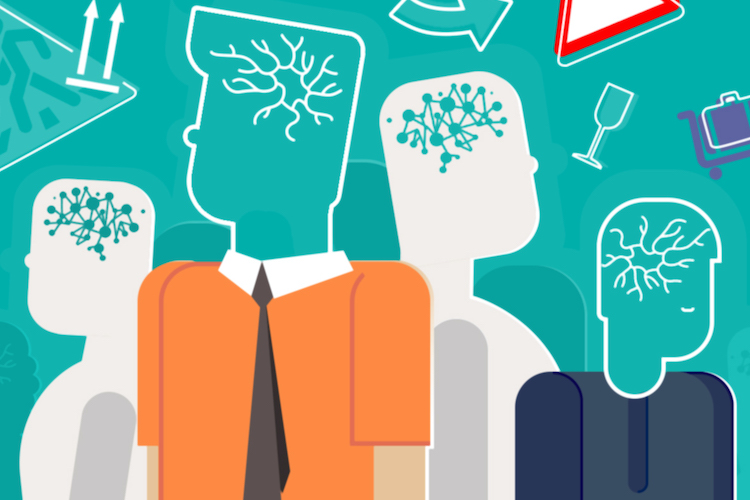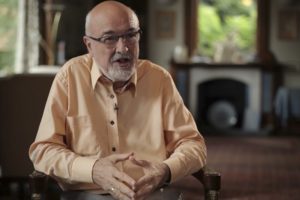Chronic Pain
Psychologist Mark Lumley on behavioral dysfunction, categorizing pain, and the effects of psychotherapeutic tr...

On January 28, 2015 Psychological Science published a paper “Amnesia for Object Attributes: Failure to Report Attended Information That Had Just Reached Conscious Awareness” describing experiments that indicate how little visual information people can assimilate. We have asked the authors of this research, Prof. Brad Wyble and Dr. Hui Chen from the Pennsylvania State University, to comment on this work.
As exemplified by the adage “seeing is believing”, many people believe that they will remember the details of their own visual experience, especially the information that they were paying attention to. However, our study shows that human memory is more selective than previously thought. It seems that people have to switch on their memory to remember things regardless of whether they pay attention to them or not. Otherwise, they will experience “attribute amnesia”, a particular case of failing to remember information that was attended, but not with an expectation that it would need to be remembered. For example, in our study we showed participants one letter and three digits on the screen and asked them to identify the location of the letter. This test was extremely easy and participants seldom made a mistake. After several repetitions of this test, we gave them an unexpected question: can you recognize which letter you just saw? Surprisingly, participants’ performance on this surprise test was nearly at chance. The same finding was replicated using other kinds of information such as colors and numbers. We think that this particular form of amnesia is indicative of how our memory filters out information that is not important for pursuing our goals.
We think that attribute amnesia is a striking phenomenon which raises many interesting questions that are worth investigating in the future. For example, we are currently trying to see how this effect emerges when using images and movies of real-world objects that are observed for prolonged periods of time. Furthermore, we are investigating exactly what happens to the missing information. Specifically, we are trying to discover whether participants are simply not encoding the attended information into memory, or are storing it, but then rapidly forgetting it. Another direction that we are currently pursuing is to explore whether older adults are as good at not remembering irrelevant information as are their younger counterparts. It may be the case that older adults actually remember more information in these experiments, which would suggest that their memory system adjusts its filters more slowly and carefully.

Psychologist Mark Lumley on behavioral dysfunction, categorizing pain, and the effects of psychotherapeutic tr...

Psychologist Daniel Mullensiefen on research in musical abilities and the question of nature and nurture

Neuropsychologist Chris Frith on mirror neurons, compassion, and how it depends on the sentiment towards the s...